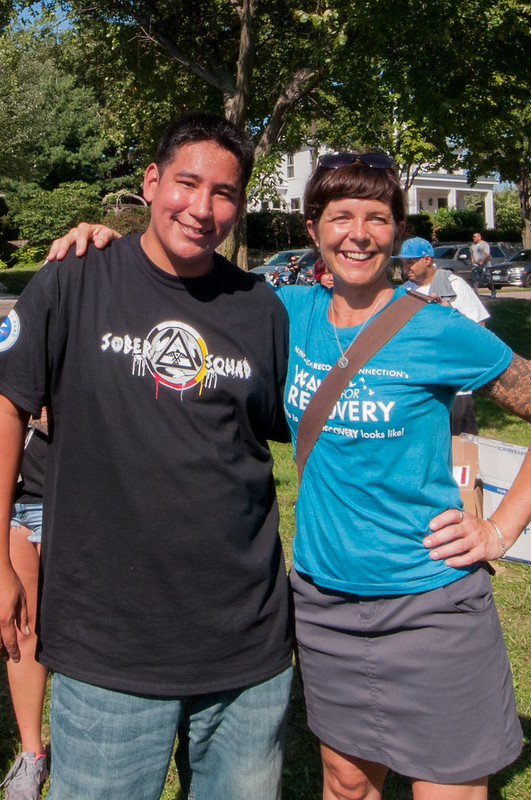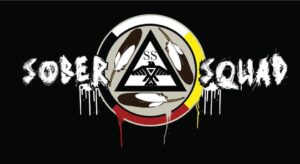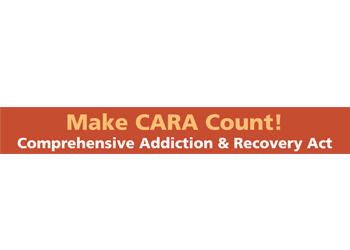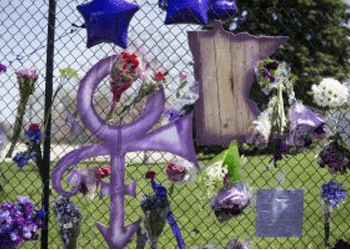The Walk for Recovery is an essential event for recovery community members and their families, friends, and other allies. It’s a gathering where our stories are understood and accepted, no matter what. Colin Cash, co-founder of Sober Squad, is getting ready to walk again this year with his team. Colin is a person in long-term recovery with a special passion for advocating, educating, and spreading the word about recovery to Native American communities. Colin’s first experience at the Walk for Recovery in 2017 ignited a fire within him to bring recovery to his tribal community in northern Minnesota. Since then, Colin’s passion and hard work in service of the recovery community has had a huge impact in Minnesota and beyond.
MRC: How did you first get involved with Minnesota Recovery Connection?
COLIN: I didn’t know it at the time but I went to the Walk for Recovery in 2017 when I wasn’t sure what the walk was all about yet. I was intrigued by it and was excited to see all of the recovery that was happening in one place. I was speaking at an event in Little Earth and I had a little extra time before that event. I had two friends with me in early recovery and I thought it would be a great idea to check out the walk. I didn’t know who the executive director was or any of the other organizations who were tabeling at the event. I was very naive at that time and didn’t realize how large the recovery community was in the Twin Cities area. That day something sparked inside of me to become a part of the community.
MRC: What does the Walk mean to Sober Squad?
COLIN: What the Walk means to Sober Squad is representation. The Walk is one of the largest recovery events of the year, and I believe that representation matters quite a bit. Native Americans make up 1% of the population. We are over-represented in categories like substance use disorder, recidivism, and prison incarceration rates, yet we are under-represented in the recovery aspect. I feel it is imperative for people of my community to see representation at a recovery event.

MRC: What motivates Sober Squad to come back down to the Twin Cities every year for the Walk for Recovery?
COLIN: The walk means a lot to me because of the connections that I have formed. Kris Kelly (former MRC Director) was very influential to me early on and now Wendy Jones (current MRC Executive Director). When I returned in 2018 for my 2nd walk, we had just raised a ridiculous amount of money in collaboration with other tribes and we had the largest team. It was beautiful because Native Americans have endured trauma and the reservations, and we want to represent resilience and recovery. There is not a lot of talk about resilience and recovery. You only hear about the high crime rate, etc., and I wanted to change that narrative by raising money and creating a team. Even in hostile environments beautiful things can happen, and we want to continue to raise awareness about native communities and recovery. I noticed there were so many recovery pockets all across the state, and I always look from the lens of how we can work together and collaborate statewide. Sober Squad has evolved into not just a native community thing; there is a Brainerd chapter and a St. Cloud chapter now too.
MRC: How has Minnesota Recovery Connection impacted your community in northern Minnesota?
COLIN: Minnesota Recovery Connection’s belief in not only me, but all the other individuals in recovery and the capability we have when we don’t see it in ourselves. After the Walk in 2018 Kris Kelly and Wendy Jones drove up to Mille Lacs to have a sit down with me and some other people and I thought that was the kindest gesture of an organization, because I believe that MRC is the “bee’s knees.” When I went through MRC’s Recovery Coach Academy, it gave me the confidence to know that I was on the right track and that this is what I should be doing. It is effective and evidence-based, and it all seemed to align with my goals. The class gave me the confidence to push harder in my communities. In its infancy Sober Squad didn’t have a lot of belief in itself, and MRC took the time – all the phone calls with Wendy, Kris, and others – really told me that I was on to something, and I want to reciprocate all that belief that they instilled in me back into the community and MRC. MRC gave Sober Squad credibility and I want to reciprocate that belief and continue to build on the relationships that meant a lot to me in early stages of recovery. We want to continue giving back to this wonderful, beautiful organization that believes in us and educated us. After a while I started helping training in the Recovery Coach Academy. Having someone believe in me in my early recovery meant the world to me. I had a lot of negative self-talk and the energy that MRC would spark about Sober Squad – wow it’s just really difficult to put into words what the relationship with MRC has done for me and Sober Squad.
MRC: Do you have any advice or tips to someone who is starting their first fundraising team?
COLIN: I’m so glad you asked this question. It is really important. A lot of times we think that the “well” has run dry on us in recovery because we drained a lot of our social capital, and we don’t believe that we can pull resources or water from this “well” anymore. When we get to recovery and find mission and purpose, all of those people and bridges start rebuilding. We start to regain social capital. That “well” that we can tap into begins to fill. It was very uncomfortable my first year to ask for donations because of my past. So soliciting funding for a recovery related event, for something positive, felt strange at first. But if your intent is pure and your mission is pure, things click together and line up and you’ll be surprised at how many people want to donate to your cause.
MRC: What do you look forward to at the Walk for Recovery each year?
COLIN: I wanted to have representation in the community. It’s important for other natives and people of other cultures to see representation. That’s always been a big motivating factor. Now as I get older it is about my connections. I want to see Wendy, Kris, and all the people and relationships that I’ve formed in recovery. The Walk is an opportunity to catch up with people who I love and adore, and now it’s about connections, seeing old friends and making new friends.
MRC: What is your favorite part about putting a team together every year?
COLIN: Empowering other individuals to take leading roles in organizing and executing the logistics side of it. I get to coordinate and share with others what I have learned. Empowering other people to step into roles and giving them the lessons that I’ve learned to use as tools for their future.I love building others up, and getting to assist them in executing and watching the light turn on for them is a life changing experience. I get to watch their confidence and organizational skills grow in recovery.

The confidence that this Walk brings the community is priceless. The confidence that comes into a group of people when there are thousands that get together in the same place on a journey of recovery is incredible. The Walk creates a very safe, open place to be authentic and not be ashamed of their recovery or of their past journey. Being around that many people is electrifying and priceless. There is no amount of money, grants, programing or continuum of care models that can generate that feeling other than bringing thousands of people together that are in recovery. Sometimes I get caught up in organizational things or political things, and I need to remember what the Walk means. It’s about reducing stigma. I will never forget the first time I went to the Walk with little confidence. I left that Walk in 2017 with the confidence to carry me throughout the year until the next Walk, and you cannot put a price on that feeling.
If you are interested in starting a walk team please visit the 2022 Walk for Recovery website and register your team today!




